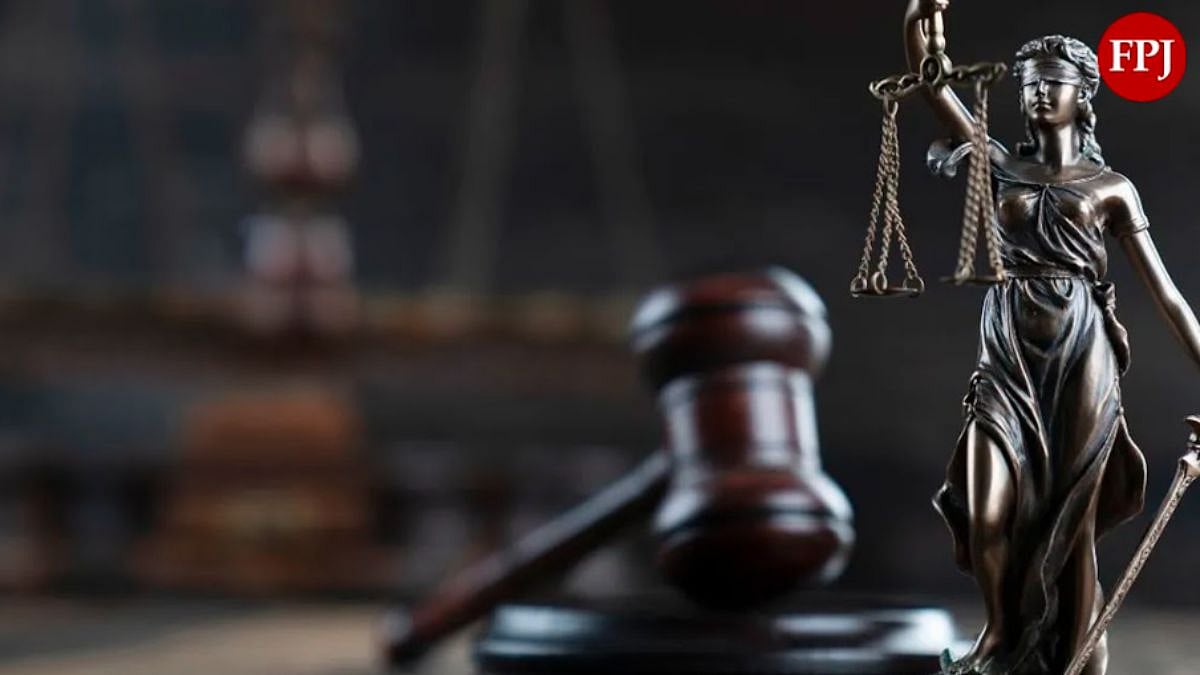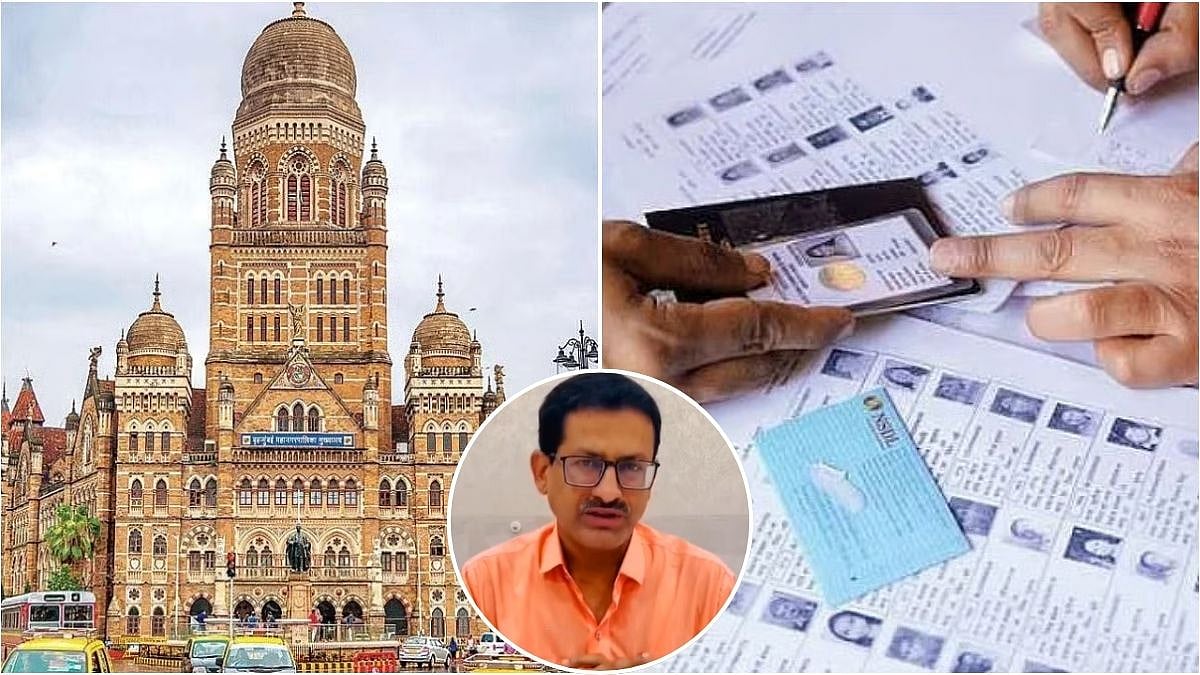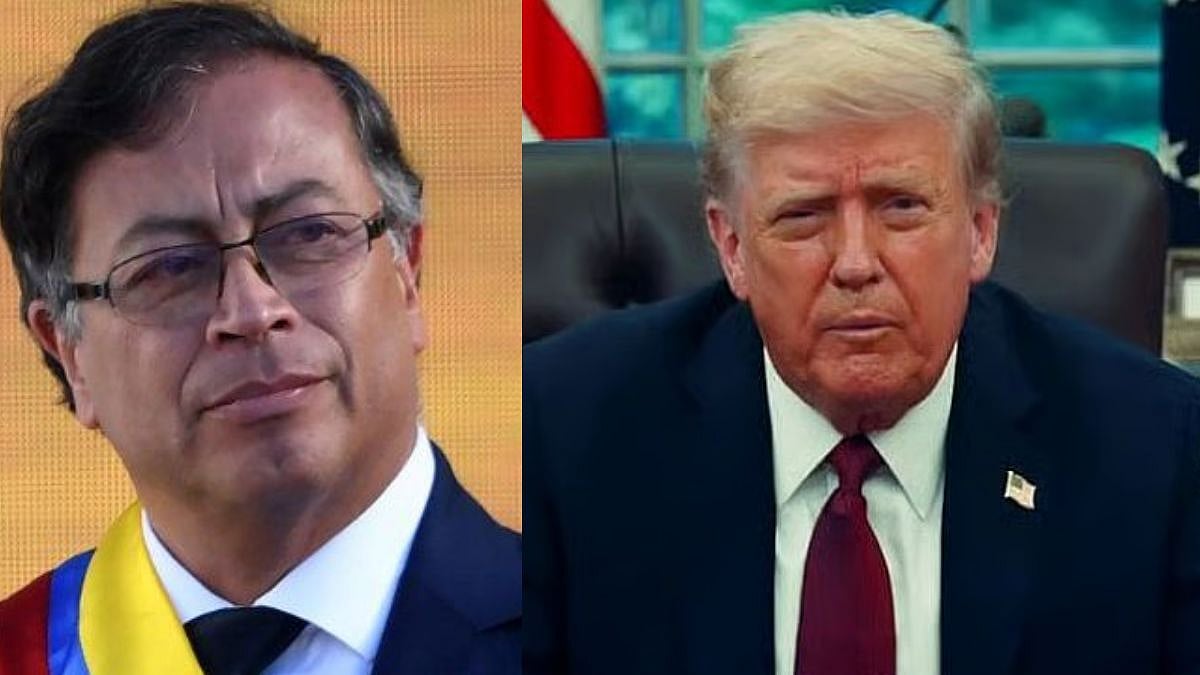Hundreds of protesters poured into the streets of a northwestern Iranian city on Wednesday to mark the watershed 40 days since the death in custody of 22-year-old Mahsa Amini, whose tragedy sparked Iran's biggest anti-government movement in over a decade.
An eyewitness told Reuters news agency that Iranian security forces opened fire at mourners who gathered in Amini's Kurdish home town of Saqqez, while state media said that people at the cemetery had clashed with riot police.
Deaths are commemorated in Shiite Islam - as in many other traditions - again 40 days later, typically with an outpouring of grief. In Saqqez, the birthplace of the nationwide unrest now roiling Iran, crowds snaked through the local cemetery and thronged her grave.
"Death to the dictator!" protesters cried, according to video footage that corresponds with known features of the city and Aichi Cemetery. Women ripped off their headscarves, or hijabs, and waved them above their heads.
"Freedom! Freedom! Freedom!" they chanted. Other videos showed a massive procession making its way along a highway and through a dusty field toward Amini's grave. There were reports of road closures in the area.
Kurdistan governor Esmail Zarei Koosha insisted that traffic was flowing as normal.
"The situation in the province is completely stable," he said.
State-run media announced that schools and universities in Iran's northwestern region would close, purportedly to curb "the spread of influenza".
In downtown Tehran, shops were shuttered and legions of riot police on motorbikes were out in force. A large group of men and women marched through the streets, stopping traffic and shouting "Death to the dictator!" as cars honked their support.
Police unleashed anti-riot bullets at protesters in the streets and sprayed pellets upward at journalists filming from windows and rooftops. Anti-government chants also echoed from the University of Tehran campus.
Amini, detained for allegedly violating the country's strict dress code for women, remains the potent symbol of protests that have posed one of the most serious challenges to the Islamic Republic.
The 22-year-old Kurdish woman was detained by the morality police in the capital, Tehran, on 13 September for allegedly wearing her hijab "improperly".
She fell into a coma after collapsing at a detention centre and died three days later. There were reports that officers beat her on the head with a baton and banged her head against a vehicle, but the police denied that she was mistreated and said she suffered a heart attack.
With the slogan #WomanLifeFreedom, the demonstrations first focused on women's rights and the state-mandated hijab, or headscarf for women. But they quickly evolved into calls to oust the Shiite clerics that have ruled Iran since the 1979 Islamic Revolution.
Amini's death a catalyst for long-simmering tensions to erupt
The protests have also galvanized university students, labour unions, prisoners and ethnic minorities like the Kurds along Iran's border with Iraq.
Since the protests erupted, security forces have fired live ammunition and tear gas to disperse demonstrations, killing over 200 people, according to rights groups.
Untold numbers have been arrested, with estimates in the thousands. Iranian judicial officials announced this week they would bring over 600 people to trial over their role in the protests, including 315 in Tehran, 201 in the neighbouring Alborz province and 105 in the southwestern province of Khuzestan.
'War against God'
Tehran prosecutor Ali Salehi told the state-run IRNA news agency that four protesters were charged with "war against God," which is punishable by death in Iran.
Iranian officials have blamed the protests on foreign interference, without offering evidence.
Last week, Iran imposed sanctions on over a dozen European officials, companies and institutions, including foreign-based Farsi channels that have extensively covered the protests, accusing them of "supporting terrorism".
The sanctions involve an entry and visa ban for the staffers in addition to the confiscation of their assets in Iran.
Deutsche Welle, the German public broadcaster whose Farsi team was blacklisted, condemned the move on Wednesday as "unacceptable".
"I expect politicians in Germany and Europe to increase the pressure on the regime," said DW Director General Peter Limbourg.
(with inputs from agencies)









